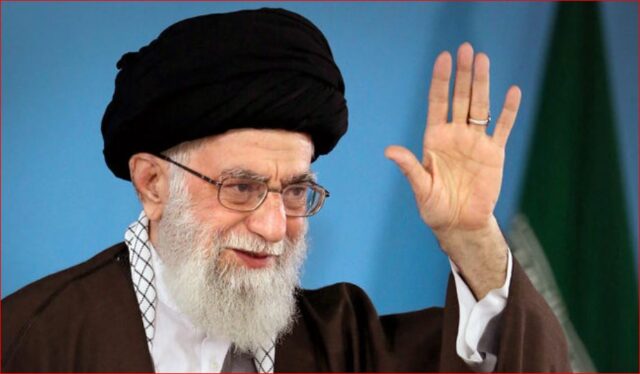File picture of Iran’s Supreme Leader, Ayatollah Imam Khamenei
Polling booths in Iran were kept open for two extra hours in an effort to boost voter turnout for the elections to the parliament on Friday.
The orders to keep the booths open till 10 pm came after the turnout after 10 hours was only 27 per cent, and just 12 per cent after eight hours in Tehran, reports The Guardian. Officials hoped the eventual numbers would exceed the 42.5 per cent recorded during the last parliamentary elections in 2020, even as social media posts showed near empty booths.
‘As many as 10 million people are eligible to vote in Tehran province, and turnout is likely to be lowest there. Balochistan province has been hit by floods and is also likely to have a low turnout,’ said The Guardian.
A low turnout would severely undermine the credibility of the theocratic regime in the country, which is holding its first election since massive protests rocked the country in 2022. Those protests against state high-handedness were sparked by the death of Mahsa Amini, a 22-year-old Iranian Kurdish woman in the custody of the country’s moral police. Women were in the forefront of the protests, which was brutally quashed by the autocratic regime led by supreme leader Ali Khamenei.
The demonstrations posed the most serious challenge to the theocratic regime in decades. There is also rising frustration and disillusionment among the youth over the rising costs due the western sanctions, and the lack of economic progress and personal freedom. While many young Iranians professed ignorance about the elections, others have called for a boycott on social media.
The votes cast will determine the composition of the 290-member parliament for the next four years. Separately, voters will also choose 88 clerics for the Assembly of Experts, responsible for selecting the country’s supreme leader.
Also See:
















